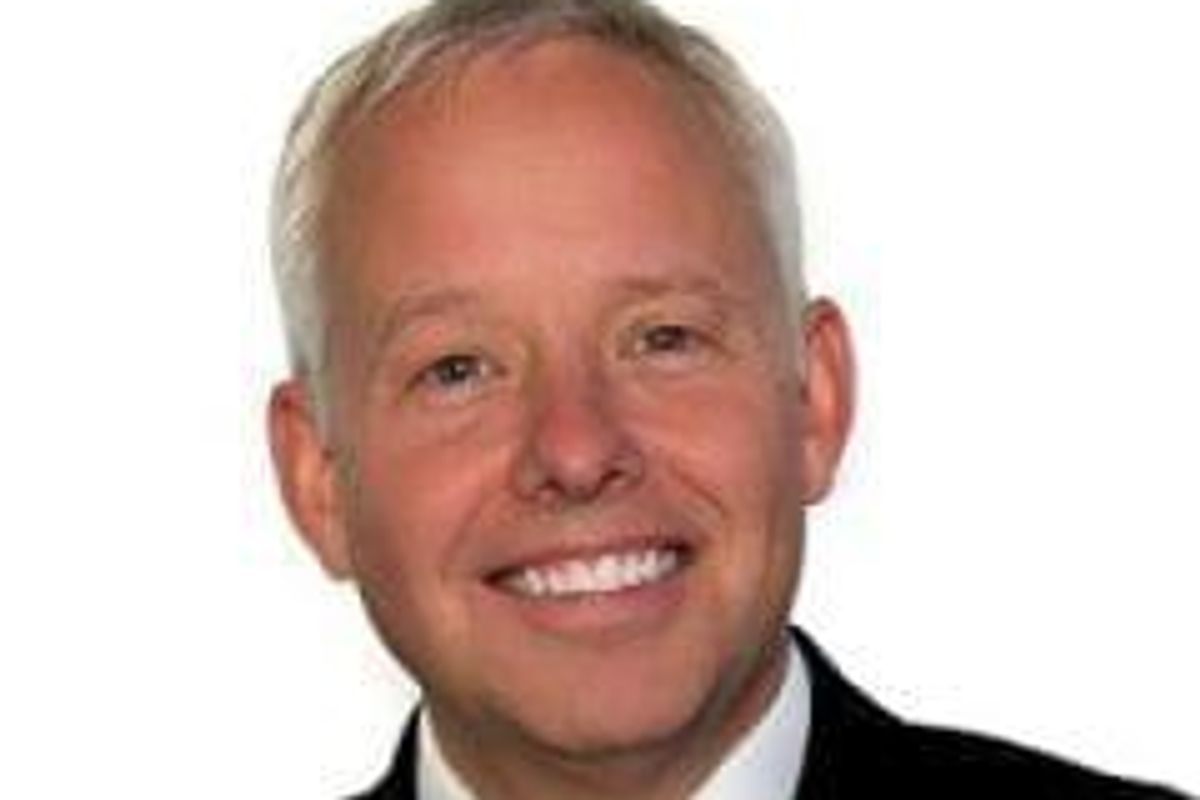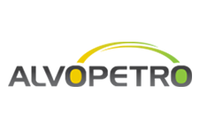International Frontier Resources’ President and CEO Steve Hanson

International Frontier Resources President and CEO Steve Hanson discusses the company’s first-mover status under Mexico’s energy reform, which is ushering in a new era in the country’s oil production.
International Frontier Resources (TSXV:IFR,OTCQB:IFRTF) is a Canada-based oil and gas company with a proven board and management team. It is currently focused on the development of oil and gas assets in Mexico’s premier Tampico-Misantla Basin. The company is one of the few opportunities to invest in a publicly traded company in Mexico’s oil and gas sector.
International Frontier Resources and its partner Grupo Idesa, a leader in the Mexican petrochemical business, have formed a joint venture company, Tonalli Energia, which was awarded the Tecolutla Block last year under the first onshore bid round in Mexico’s oil and gas energy reform. The company expects to complete its minimum work requirement at the Tecolutla Block, located in the Tampico-Misantla Basin, by the end of 2017.
Tonalli Energia is participating in onshore bid round 2.3 in which 14 onshore blocks, containing a total of 25 oil and gas fields, are up for bid. Mexico Comision Nacional de Hidrocarburos (CNH) will announce the concession awards in July 2017.
Below is the transcript of our conversation with International Frontier Resources’ President and CEO Steve Hanson.
Investing News Network: Please tell our audience about International Frontier Resources’ current project in Mexico.
Steve Hanson: International Frontier Resources is working diligently through its joint venture partnership with Grupo Idesa, in the form of Tonalli Energia, to advance the development of the Tecolutla Block. Tonalli was awarded the Tecolutla Block in August of 2016 in the historic first onshore bid round as part of Mexico’s energy reform. We took over the project from PEMEX in late November of 2016, and since then we have been diligently working on providing the regulatory and administrative paperwork required to begin operations on the project. We are now in the late stages of that approval process. The regulatory environment is thorough and extensive, and we feel the Mexican government has been very transparent in the process. We are now awaiting on approvals and permits from the Mexican government and we expect to be drilling our first well in the third quarter of 2017.
INN: What is the significance of your 50/50 partnership with Grupo Idesa?
SH: In August of 2015, as part of the development of our energy business in Mexico, we formed a 50/50 partnership with a petrochemical leader in Mexico — Grupo Idesa. As a Canadian company operating in Mexico, a partnership with Grupo Idesa provides great benefits. They have a history of successful joint ventures and a network of industry relationships throughout Mexico. They undertake massive projects from start to finish and have key infrastructure in place, including port facilities, infrastructure and a fleet of fluid trucks. Grupo Idesa has been helping us through the regulatory environment as well as the administrative and government relations required to be a successful operator in Mexico. We are honored to have such a first-class partner.
INN: How is Tonalli progressing in the acquisition of new onshore blocks?
SH: CNH announced its latest onshore bid round, round 2.3, in December of last year. Tonalli registered for that round in January — we have accessed the data room and are in the evaluation process. We are analyzing the data of 14 blocks, which are much bigger blocks than those in the first successful bid round, averaging 185 square kilometers. These are highly prospective blocks with excellent development and exploration potential. As part of the upcoming bid round, Tonalli is going through the pre-qualification process, which it intends to finalize in May of 2017. Our expectation is that we will be one of the bidders participating in round 2.3. The awards will be announced on July 12, 2017.
INN: What can you tell us about the license contract and the minimal work requirements on the Tecolutla Block?
SH: There are certain obligations we have as part of the licensed contract, which was signed in August of 2015. One is sharing a royalty with the Mexican government. Another component is committing to a minimum work requirement. By completing a few workovers of existing wells, drilling a new well and by reprocessing seismic data — which we have already done — we are able to meet that requirement. The relatively small scale of the work commitments associated with our block make it highly attractive because it allows a small company like ours to participate without a massive capital commitment. We expect to meet the minimum requirement by the end of 2017, which will allow us to secure the 35-year contract and aggressively develop this block over time.
INN: Please tell us about the prospectivity at Tecolutla and how it compares to similar projects in Alberta or Texas or other North American markets?
SH: Finding fields that have this kind of potential is becoming more difficult in Canada and the US. In many cases, capital has not been spent to develop these fields in decades. Tecolutla is not a tight reservoir like you might see in Alberta or in the Western US. This is naturally fractured. We are seeing 60 meters to 100 meters of pay zones, which is significant, and believe that new production should exceed historical production. And we continue to see these types of opportunities in our region and other areas in Mexico.
INN: On a side note, please provide some insight on how the world market affects the viability of your current project?
SH: When we bid on Tecolutla back in December of 2015, the oil and gas pricing environment was between $32 and $35 a barrel. At that time, we were highly confident that we could be economic and profitable in that price range. Mexico is in the lowest quartile for finding and developing costs and we estimate operating costs to be below $10 per barrel. Today, we are comfortable with current oil prices and believe we can be profitable and have a highly economic project on our hands. Based on the forecasts of many reputable analysts, we believe that oil will continue to trade in this range or higher over the next three to five years.
INN: Please tell us about your overall growth strategy in Mexico. What other opportunities are you exploring?
SH: We have first-mover status in Mexico as one of the first foreign companies to be awarded an onshore block in the country, and we believe that gives us a great advantage. Along with our participation in this next onshore bid round, there are other initiatives we are working on to grow our business. PEMEX has publicly stated that they will have farm-out opportunities this year. We have been in discussions over the last couple of years with PEMEX and we will continue to seek partnerships with them as they announce these farm outs. There are other initiatives we are looking at as well, including blocks that have been awarded to other Mexican and international companies. We are in discussions with a number of these companies and are investigating how we can be an active participant and provide further value. We certainly hope to become an energy leader in Mexico over the next few years.
INN: One of the key differentiators between International Frontier Resources and its peers is the extensive expertise of the company’s management team and board of directors. Please tell us about how you are leveraging this asset to deliver shareholder value.
SH: When we as a board made the decision to focus on Mexico three years ago, we were strategic and systematic in how we built the foundation of our company. We felt that to be an energy leader in Mexico we needed to bring on talented executives and and a technical team with a track record of success. We were fortunate to attract key executives and board members from Canada and from Mexico to join our company. Our technical team has extensive experience globally in starting and building companies. We have attracted some key people to our board who provide us with the strategic guidance we need to build this business, including Ignacio Quesada, the former CFO of PEMEX; and Collin Mills, who ran TransAlta Mexico and built two power plants.
Again, our vision is to be an energy leader in Mexico. Although we have acquired our first block, Tecolutla, we do not want to stand still. We want to continue to aggressively pursue new opportunities. With this team as a foundation, we think we can execute on that.
The Investing News Network interviews a CEO for an understanding of their perspective on the company, the investment potential of the company and market news related to the company. The information contained here is for information purposes only and is not to be construed as an offer or solicitation for the sale or purchase of securities.





